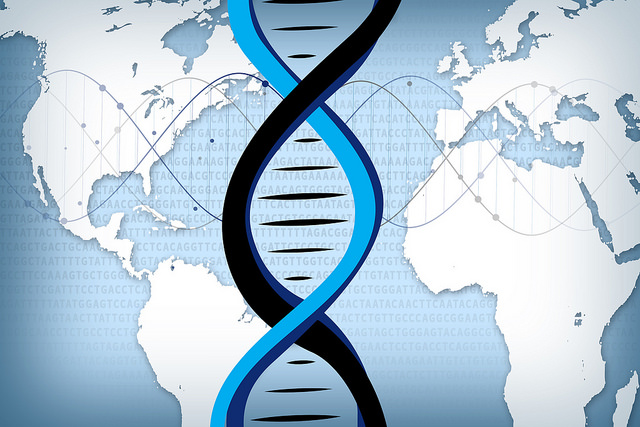Aggregated News

As CRISPR/Cas9 (clustered regularly interspaced short palindromic repeats–Cas9) and other gene-editing technologies hasten the feasibility of effective somatic and germline genomic manipulation, an international panel of genetics groups has weighed in on some of the thorniest ethical and scientific implications facing clinical use of gene editing.
Led by the American Society of Human Genetics (ASHG), 11 organizations published a joint statement in August concentrating on the prospects for germline alteration, a no-fly zone among molecular biologists since the dawn of gene therapy in the 1980s. The ASHG-sponsored statement was drafted by a committee of representatives from the UK Association of Genetic Nurses and Counsellors, Canadian Association of Genetic Counsellors, the International Genetic Epidemiological Society, and the US National Society of Genetic Counselors, as well as the ASHG. The final document was endorsed by these groups and 6 other international medical or genetics associations.
The new statement does not rule out the eventual therapeutic editing of human DNA in ways that could be passed along to later generations: “Currently, there is no reason to prohibit in vitro germline genome editing on...



